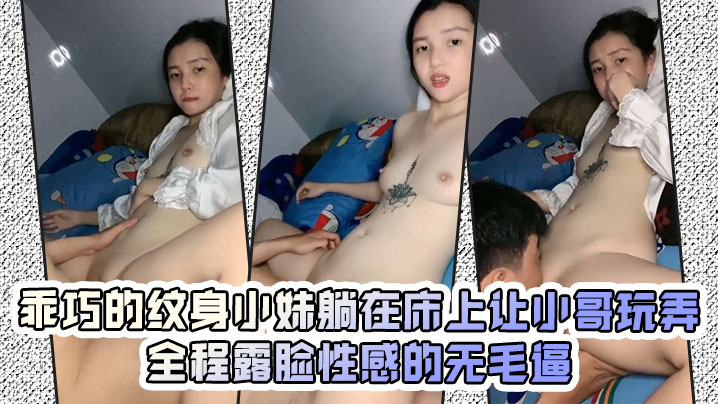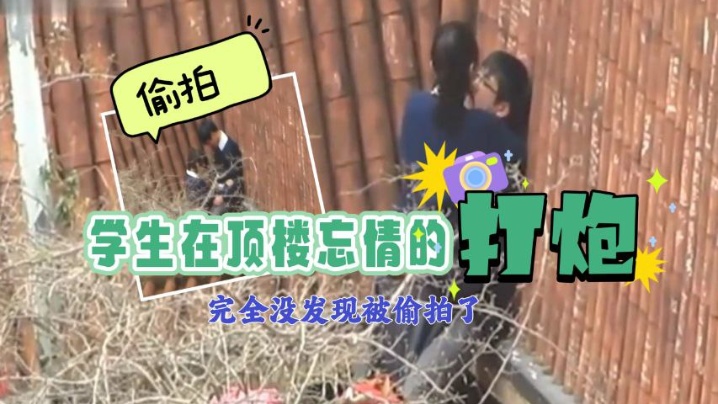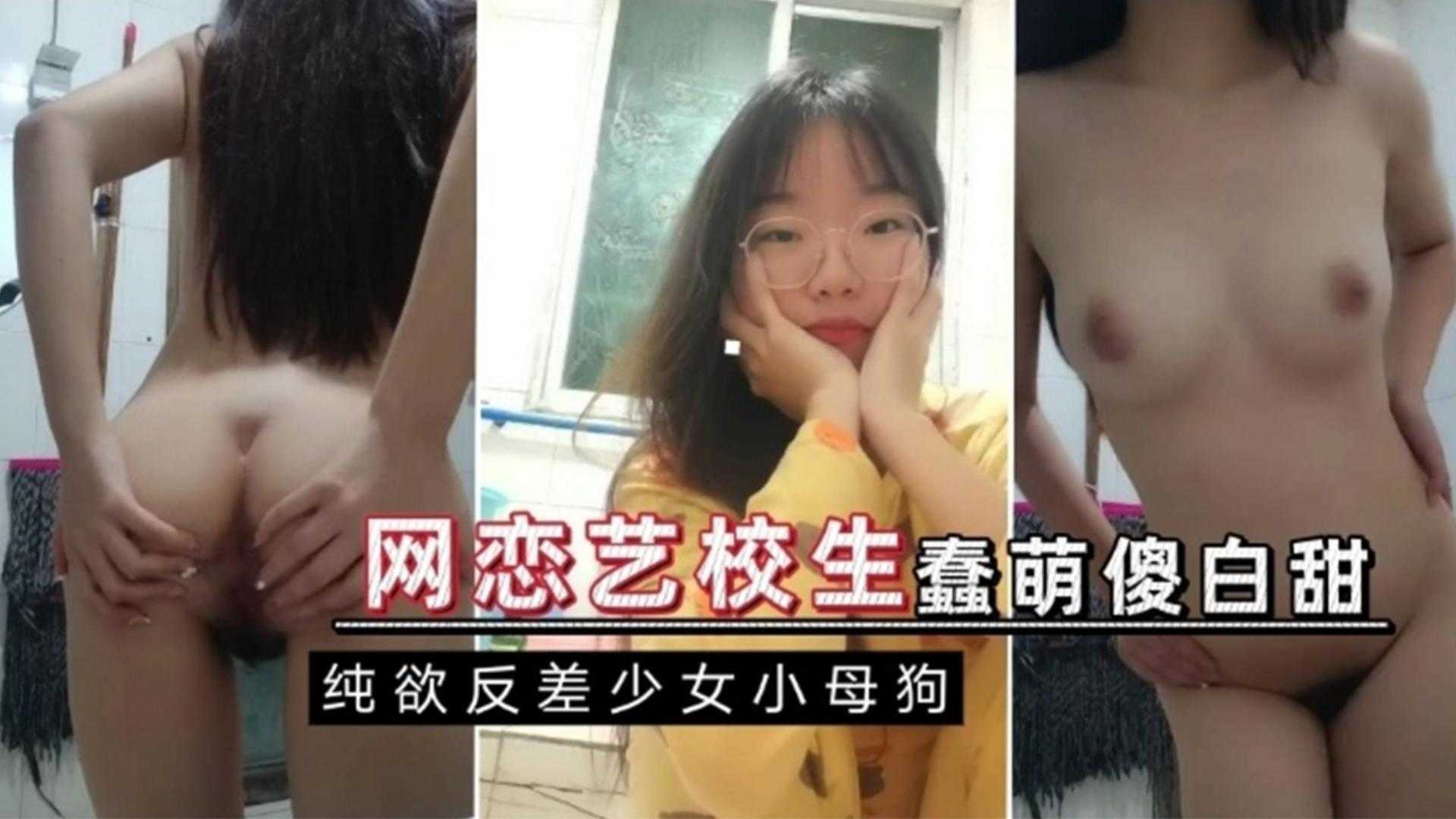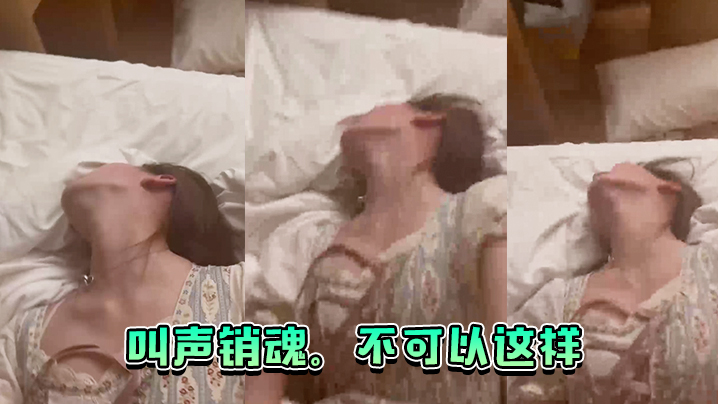桃色-AV
猜你喜欢
 今日播放:286次
今日播放:286次
女人毛片视频 - 1080电影完整版
最新视频 - 2025-01-24
 今日播放:945次
今日播放:945次
成人午夜视频在线观看网址 - 剧情片在线观看电视
最新视频 - 2024-12-11
 今日播放:951次
今日播放:951次
我们只亚洲香蕉伊在人在线观婷婷做天天操天天摸天天射、日本在线视频网、欧美人妖视频网站的在线看片a免费人成漫画网站
最新视频 - 2024-12-11
 今日播放:2次
今日播放:2次
亚洲欧美综合另类 - 720BD在线观看
最新视频 - 2024-12-11
 今日播放:593次
今日播放:593次
 今日播放:296次
今日播放:296次
a级毛片无码免费真人久久
最新视频 - 2024-12-06
 今日播放:615次
今日播放:615次
波多野结衣中文字幕一区二区三区_久久精品国产精品亚洲_久久久久精品国产亚洲av蜜桃_久久婷婷成人综合色综合 - 蓝光影视在线观看
最新视频 - 2025-03-28
 今日播放:897次
今日播放:897次
亚洲欧美激情精品一区二区
最新视频 - 2024-12-17
 今日播放:0次
今日播放:0次
欧美日韩在线第一页免费观看 - HD电影完整版
最新视频 - 2025-03-05
 今日播放:0次
今日播放:0次
97在线观看人妖免费视频 - 720天堂在线
最新视频 - 2025-03-05
 今日播放:976次
今日播放:976次
97久久久碰碰碰人妻A片蜜臀
最新视频 - 2024-12-11
 今日播放:502次
今日播放:502次
水净化装置
最新视频 - 2024-12-11
 今日播放:107次
今日播放:107次
精品国产一区二区三区久久久蜜臀 - 蓝光高清免费观看
最新视频 - 2025-03-06
 今日播放:765次
今日播放:765次
亚洲综合欧美日本另类激情
最新视频 - 2024-12-06
 今日播放:0次
今日播放:0次
99精品欧美一区蜜桃在线
最新视频 - 2025-03-05
 今日播放:320次
今日播放:320次
亚洲欧美日韩.com
最新视频 - 2025-03-02
 今日播放:456次
今日播放:456次
国产精品va无码一区二区
最新视频 - 2024-12-11
 今日播放:471次
今日播放:471次
 今日播放:650次
今日播放:650次
欧美一区视频在线
最新视频 - 2025-01-05
 今日播放:0次
今日播放:0次
日韩精品一区二区三区视频播放
最新视频 - 2025-03-06
 今日播放:874次
今日播放:874次
亚洲av午夜福利精品一级无码 - 国产剧高清在线观看
最新视频 - 2024-12-11
 今日播放:962次
今日播放:962次
亚洲AV精品️一区二区三区
最新视频 - 2025-04-06
 今日播放:1001次
今日播放:1001次
国产精品无码不卡一区二区三区
最新视频 - 2025-02-13
 今日播放:744次
今日播放:744次
国产亚洲精品无码专区高清
最新视频 - 2024-12-11